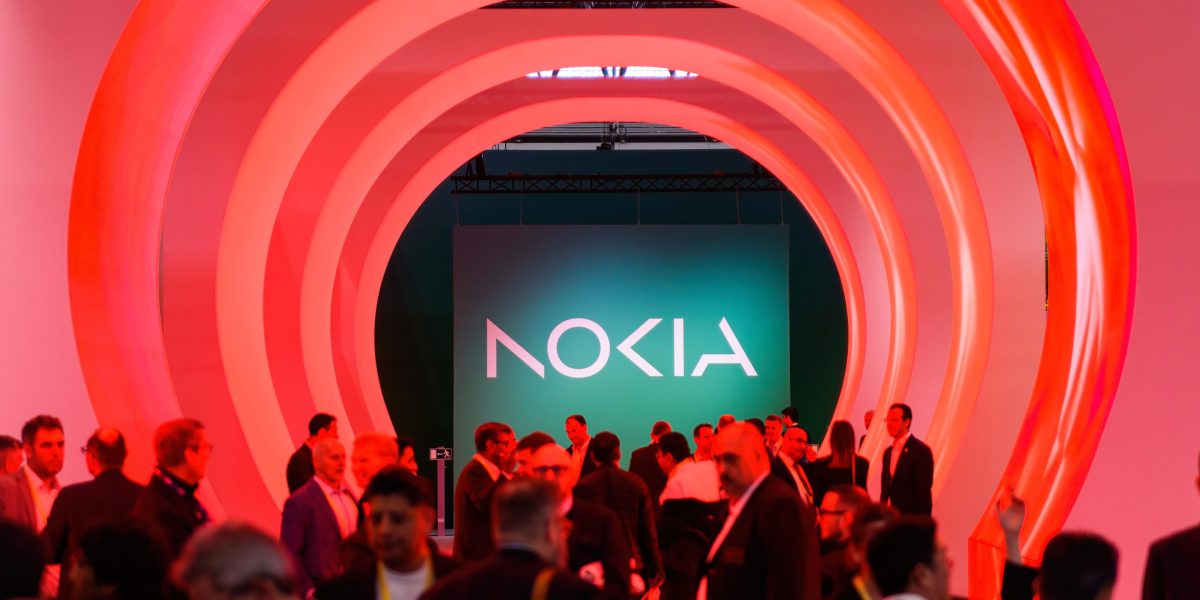
Nokia, the Finnish former mobile phone behemoth, is suing Amazon for the e-commerce company’s unauthorized use of streaming and device tech.
Filed in the U.S., U.K., Germany, India and the European Unified Patent Court, Nokia’s lawsuits are aimed at cracking down on patent infringement over the company’s tech which offer significant benefits, it claims.
Separately, the Finnish telecom infrastructure company has also filed a case against HP in the U.S. for video technologies.
“We’ve been in discussions with each of Amazon and HP for a number of years, but sometimes litigation is the only way to respond to companies who choose not to play by the rules followed and respected by others,” Nokia’s chief licensing officer Arvind Patel said in a statement Tuesday.
Tech powering streaming
The Espoo, Finland-based was a pioneer in its own regard when the mobile phone and handset revolution began in the 1990s and early 2000s. Nokia’s products eventually lost steam to rival smartphone-makers like Apple and Samsung, after which it pivoted to research and development as well as offering network equipment and licenses to companies.
It’s now one of the world’s main suppliers of 5G, the latest generation of broadband networks, and has about 20,000 patents under its belt. Nokia has developed key technologies for the vast streaming industry that we see today. For instance, video compression is one of the areas where Nokia’s innovation has been pivotal since the late 1990s, as it allows heavy data files to be shared across the internet.
Content delivery and recommendation are other examples of the company’s tech used in streaming services (like Amazon Prime Video), which collectively generated $150 billion in revenue last year.
Nokia argued that there was a “mismatch” between those who’ve driven innovations underpinning over-the-top (OTT) services and those who reap its benefits. The company said it had invested over €140 billion ($148 billion) in R&D since 2000 into cutting-edge technologies including cellular and multimedia.
“As a result, we hold one of the world’s strongest patent portfolios of connectivity and multimedia technologies—and it is no exaggeration to say that entire industries are powered by these inventions,” Patel said.
In the past, the company said it had ran into licensing issues, but a majority of those were settled amicably, including with Apple and Samsung. While legal action wasn’t the company’s first choice, in the case of Amazon and HP, both companies refused to take licenses to Nokia’s patents and used its tech anyway, according to the lawsuit viewed by Reuters.
“We hope that Amazon and HP will now accept their obligations and agree to a license, and our door remains open for good faith negotiations,” a Nokia spokesperson told Fortune in a statement.
Amazon declined to comment on pending litigation, while HP didn’t immediately return Fortune‘s request for comment.
Nokia on a cost reset
In October, Nokia announced that it would slash 14,000 jobs as part of its broader cost-cutting efforts to cope in a “challenging market environment.” The company also reported after a 69% drop in third-quarter profits as economic uncertainty weighed on spending from consumers and mobile operators.
The Finnish company plans to reduce €1.2 billion ($1.3 billion) in costs by 2026 compared to its current level.
